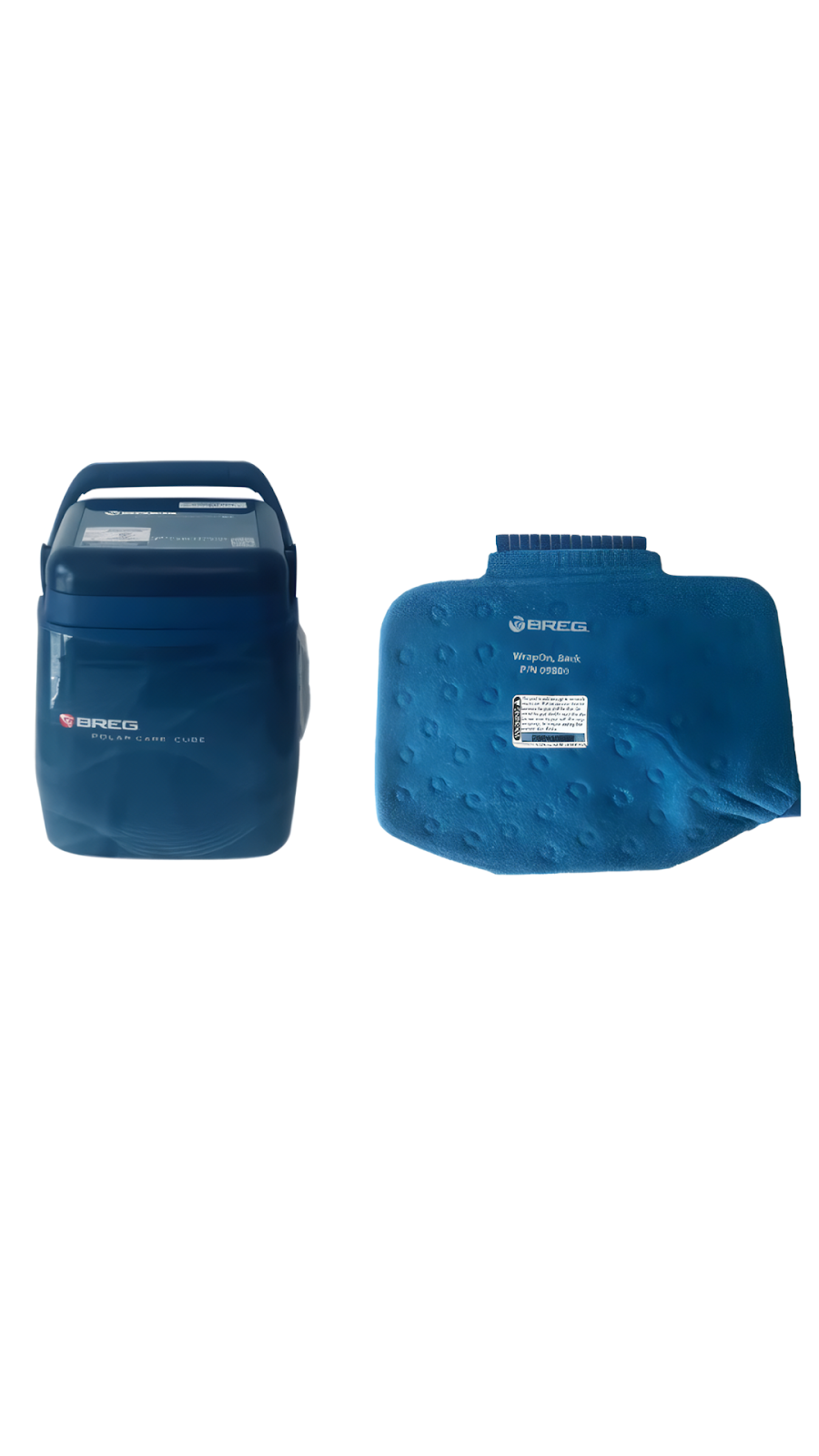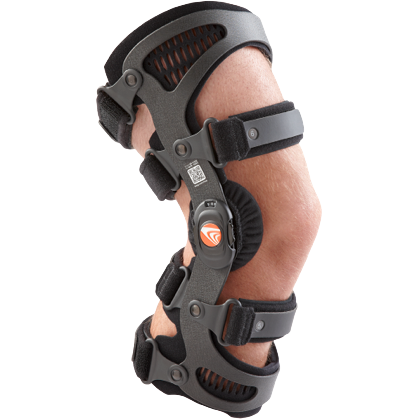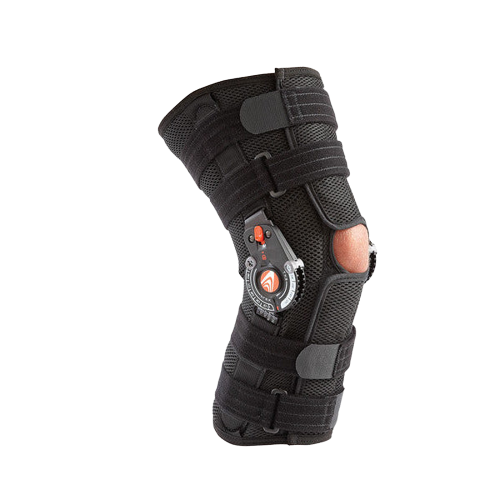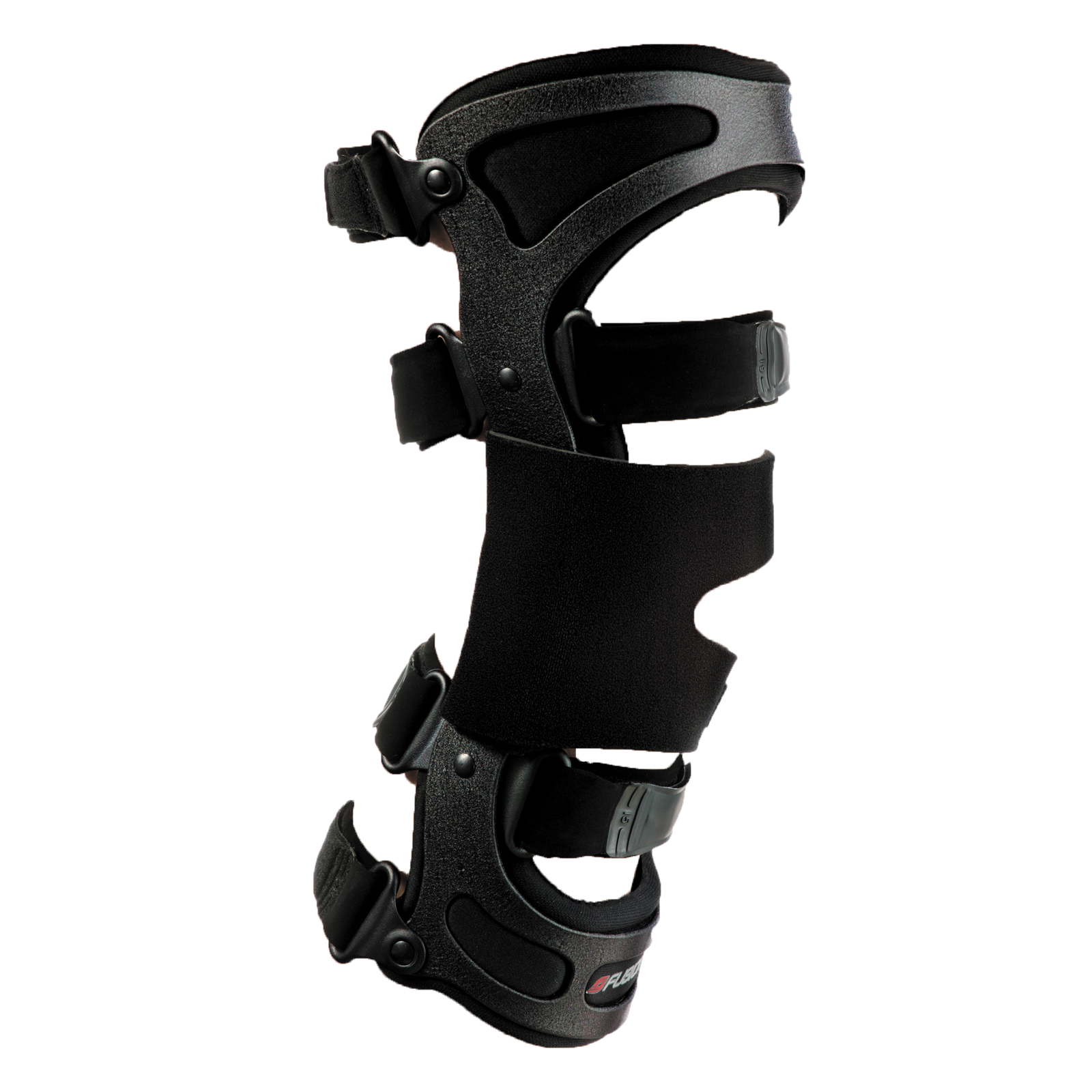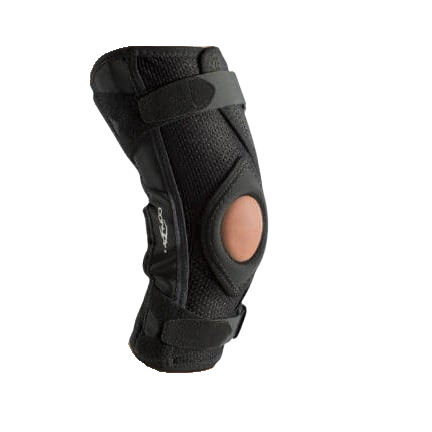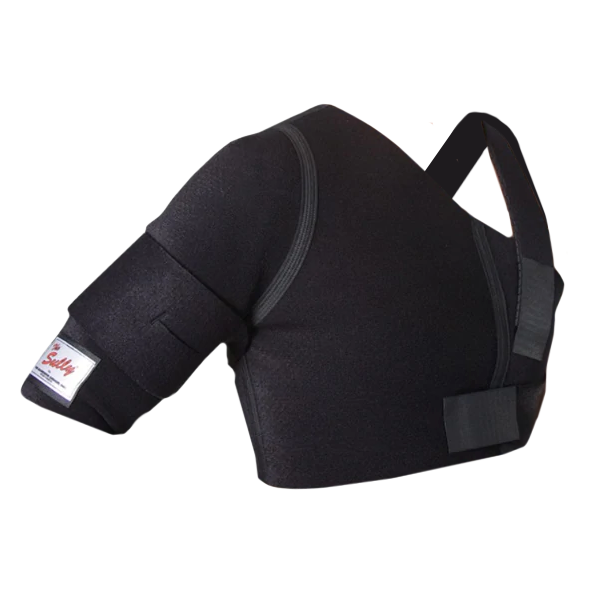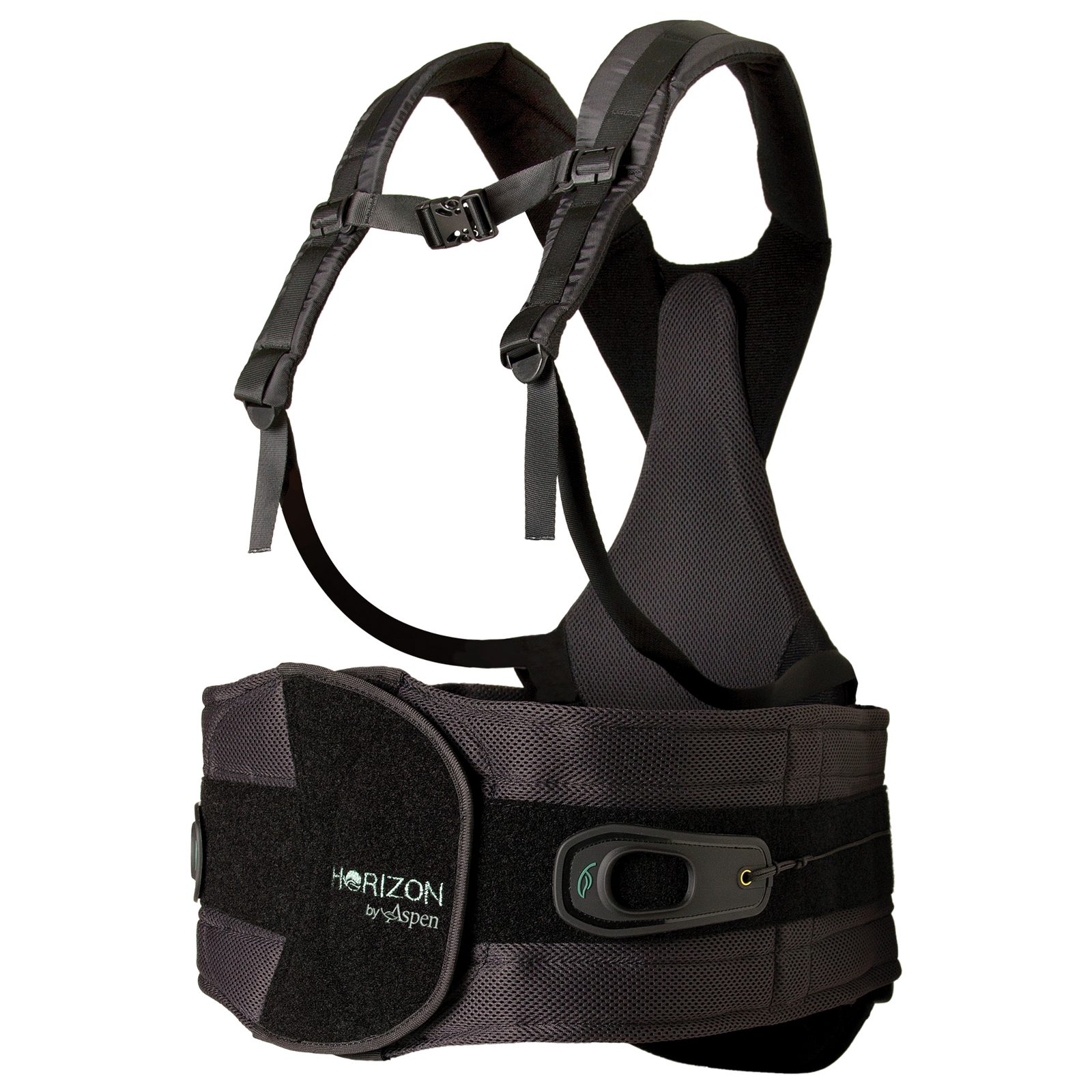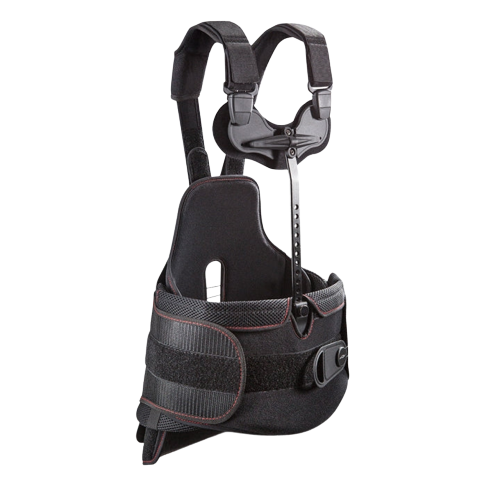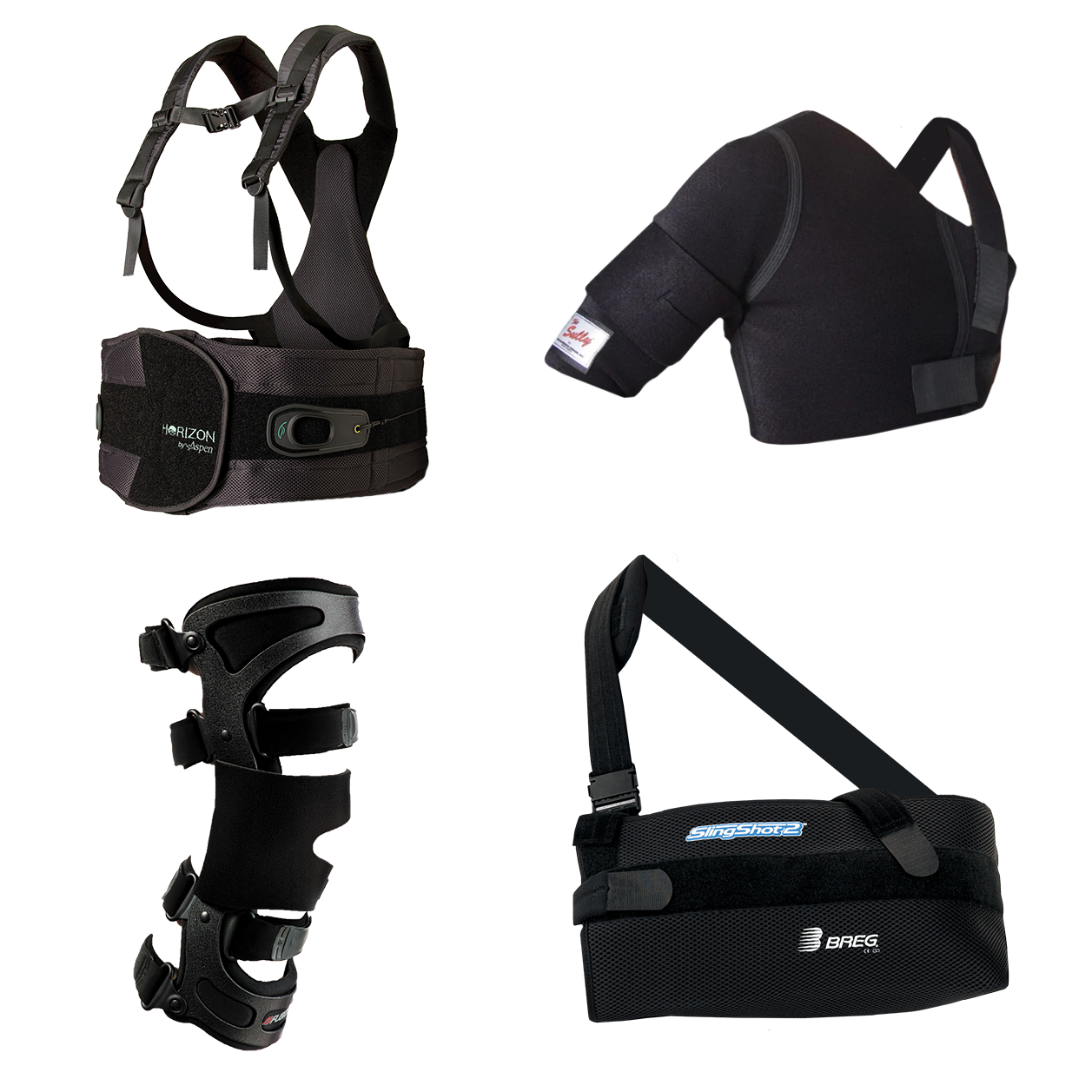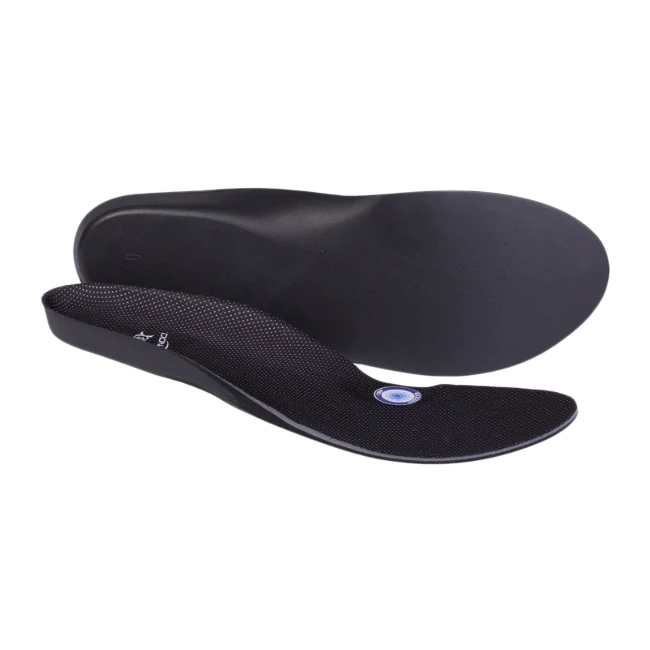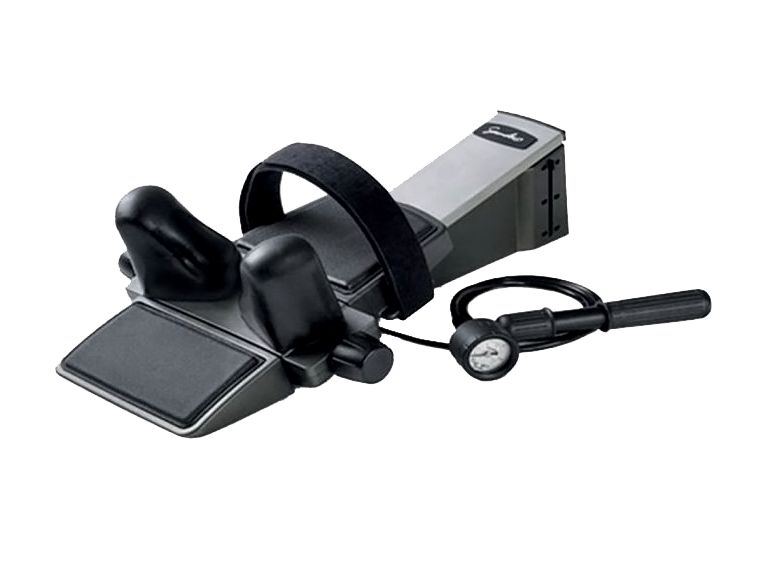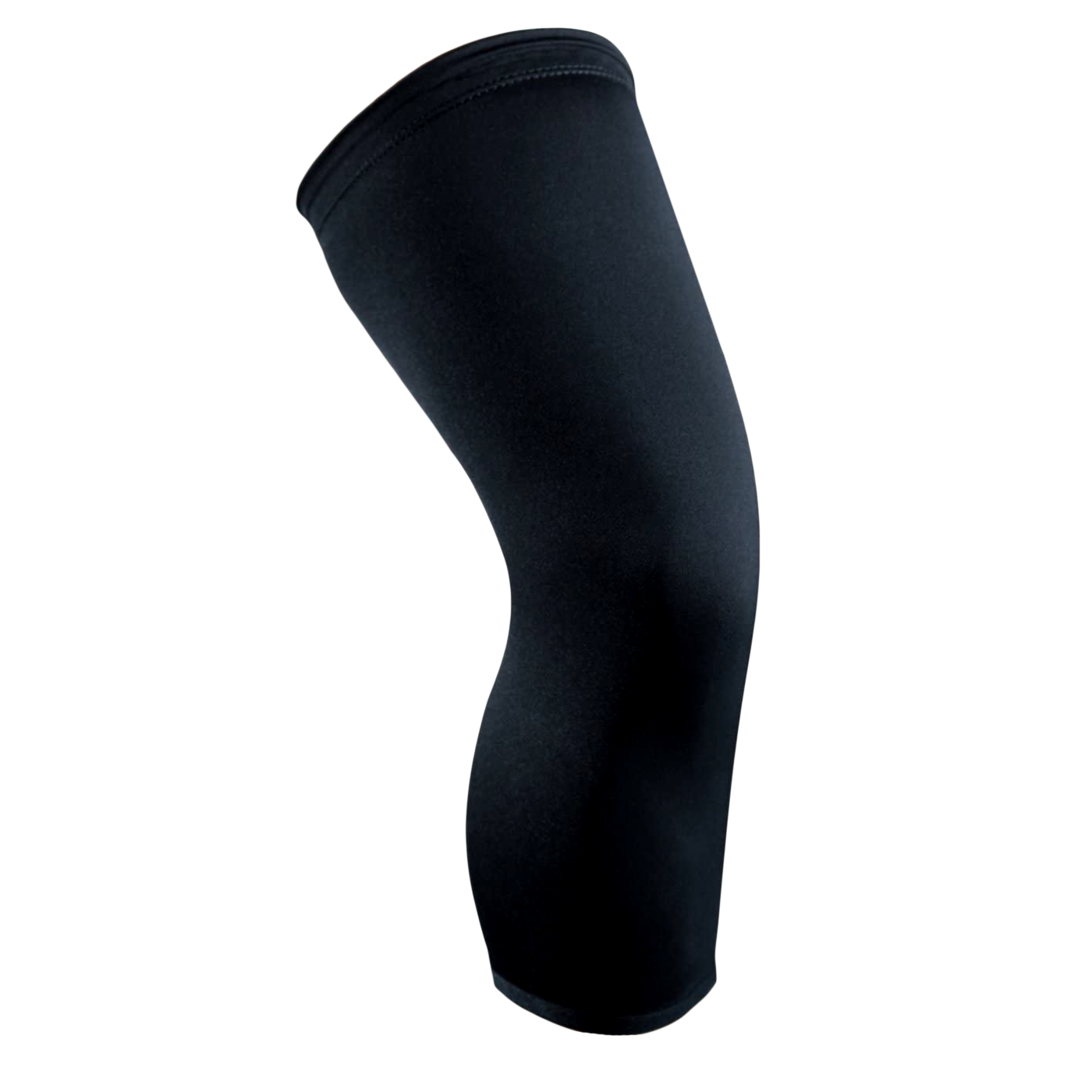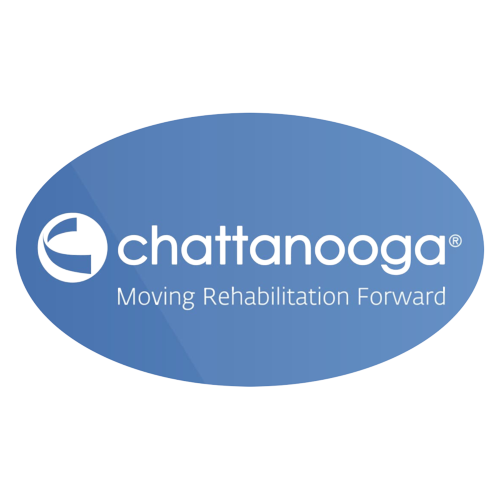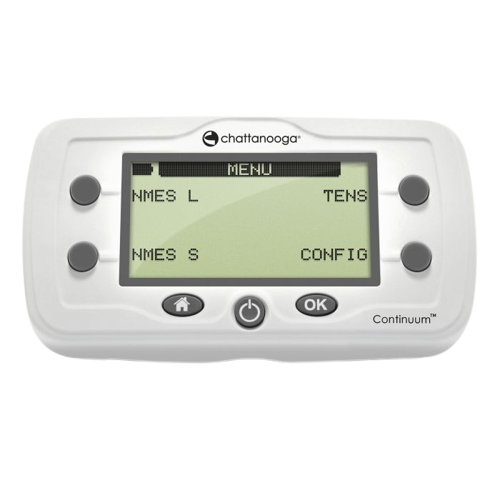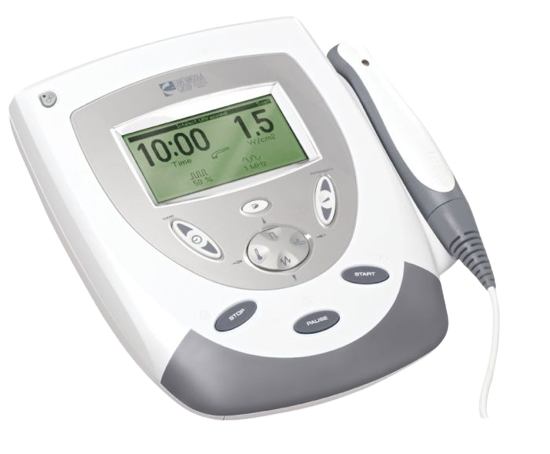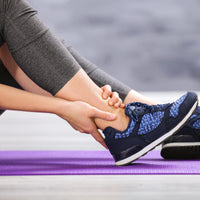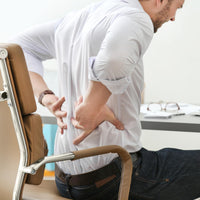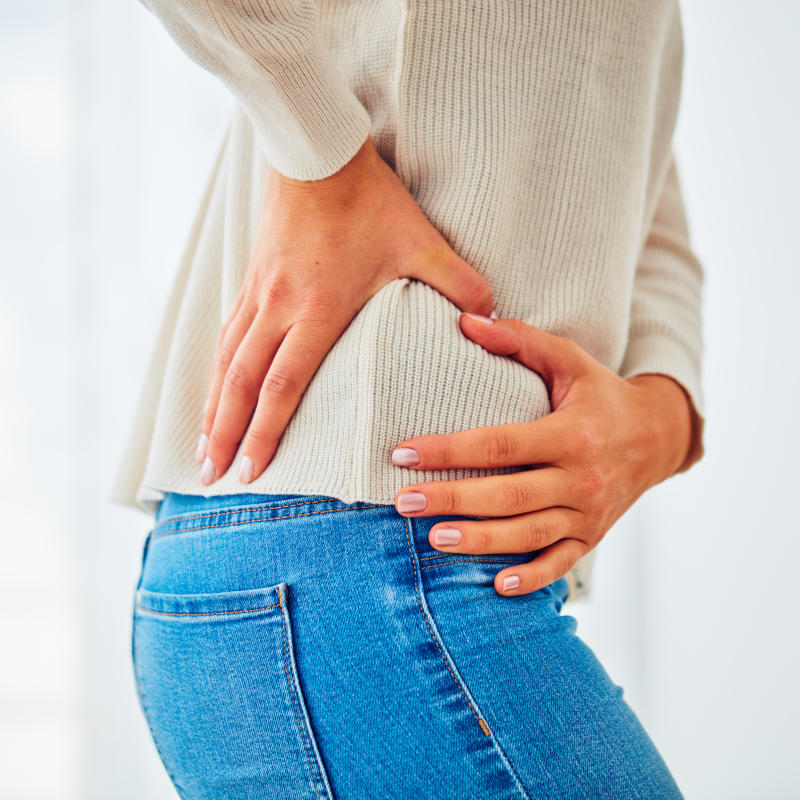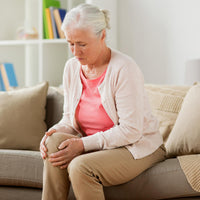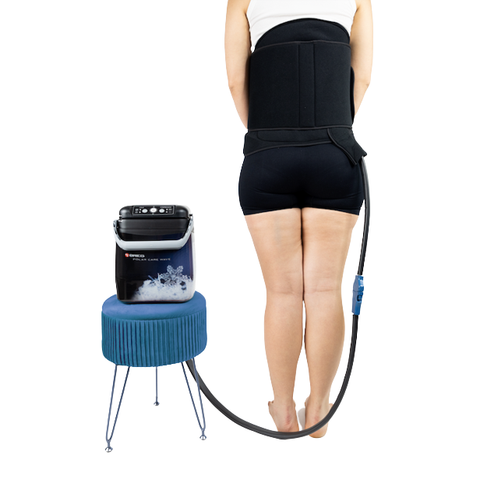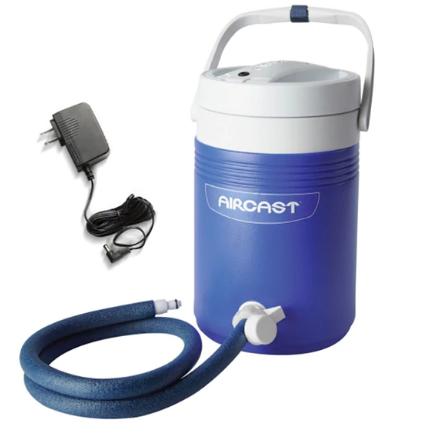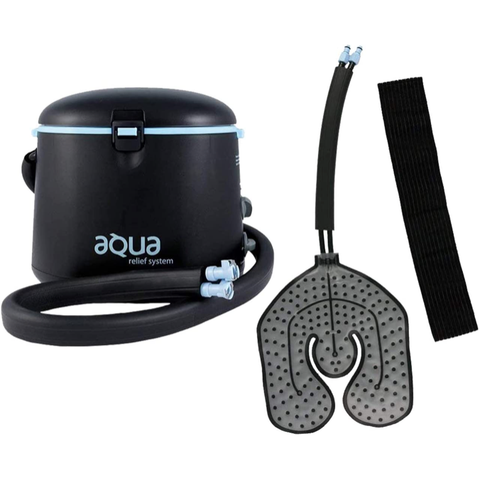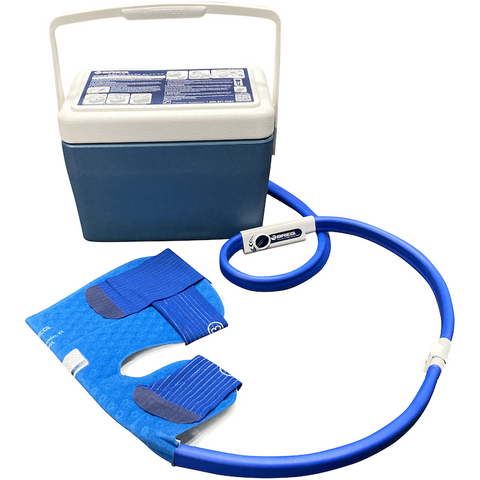
Acute lower back pain can make your daily routine difficult to conquer. It can range from mild aches to sharp pain and comes on quickly, often reaching an unmanageable level of discomfort.
There’s many causes of acute back pain and several treatments that can help relieve its variety of symptoms. Take steps to find relief today by learning more about what causes acute back pain and simple, effective treatment options.
Key Takeaways
- 8 in 10 Americans suffer from back pain in their lifetime
- The lowest five vertebrae in the spine often experience the greatest amount of pressure, causing acute lower back pain
- The main cause of acute back pain cannot be identified in 80% of cases
- Speak with your doctor to determine which natural healing method is best for you
The causes and severity of acute back pain experienced can vary, but almost all cases can be treated with simple, at-home healing methods.
What Is Acute Back Pain?
One of the most common reasons for doctor visits is related to back pain. In fact, 8 in 10 Americans experience back pain at some point in their lifetime. But that doesn’t mean you have to suffer through the discomfort. The first step to finding relief from acute back pain is understanding its cause.
The spine is made up of vertebrae, intervertebral discs, ligaments and tendons that work together to support the weight of your upper body. The lowest five vertebrae are referred to as the lumbar region, and often experience the greatest amount of pressure.

When excessive pressure or disruption occurs on the lower part of your spine, you’ll likely experience one or more of the following symptoms:
- Mild aching in hips and or/pelvis
- Decreased mobility
- Sharp pain in lower back that travels down one leg
- Muscle tightness or spasms
- Increased pain when sitting, often relieved by walking
- Noticeably worse pain in the morning
Although, symptoms of acute lower back pain typically only last a few days to a few weeks. Most lower back pain is acute and tends to resolve itself with simple self-care tactics and natural healing methods.
10 Causes of Acute Back Pain
In only 20% cases, doctors and patients are able to pinpoint a specific activity or accident that acts as the root cause of acute back pain. About 80% of the time, the cause of acute back pain cannot be identified.
Luckily, regardless of why someone is experiencing discomfort, most people find relief within a short period of time by using simple treatments. Even though identifying an exact cause isn't always possible, there are 10 common causes of acute back pain that are important to know.
Injury
Whenever the body experiences blunt-force trauma, it often results in an injury. Two of the most common causes of acute back pain are taking a fall and playing a sport.
Many types of accidents will cause back pain and you’ll likely be able to heal quickly without an operation. However, you should always take note of the duration of injury-induced back pain and communicate closely with an orthopedic doctor about its severity.
Poor Posture
Poor posture is a top cause of acute back pain. Sitting in a slouched position increases the amount of strain on different parts of the back and can intensify existing discomfort. Sitting and standing with correct posture properly distributes pressure throughout the back, relieving specific parts from excessive pressure.

Arthritis
This condition occurs when the muscle and tissue around your joints are inflamed. Arthritis typically begins in one joint and can slowly spread to other surrounding joints. Among the many types of arthritis, several of them cause acute back pain.
Sciatica
Your sciatic nerve travels from your lower back, through the buttocks and continues down each leg. When you experience sharp pain, numbness and inflammation throughout your lower back and one leg, it’s often caused by sciatica. Sciatica is experienced with several conditions, such as bone spurs, herniated discs and spinal stenosis.
Scoliosis
Scoliosis is when the spine is slightly curved sideways. Mild conditions cause just a few symptoms of discomfort, whereas serious cases can severely limit mobility. People who are diagnosed with scoliosis are much more likely to experience acute back pain than those who do not have the condition.
Spinal Stenosis
Spinal stenosis appears in patients as they age and is most commonly experienced by those older than 50. Spinal stenosis occurs when the spinal canal narrows, causing sharp pain, inflammation, and numbness in the legs, buttocks and lower back.
Herniated Disc
Herniated discs are caused by leakage of soft materials due to a ruptured vertebral disc. Although herniated discs can occur anywhere along the spine, they are most common along the lowest five vertebrae.

Herniated discs can heal on their own, but serious cases require an operation to repair the damage. Symptoms typically include numbness, tingling and pain.
Pinched Nerve
Pinched nerves occur when increased pressure is placed on a certain nerve, ultimately causing strain, tingling, weakness and/or pain in the affected area. The symptoms of a pinched nerve can also radiate to other parts of the body, such as your hands or legs.
Degenerative Disc Disease
Degenerative disc disease commonly occurs as the body ages and causes shooting pain in the neck and lower back. Although there is no cure, physicians prescribe treatments and medication to help relieve discomfort. Symptoms include inflammation, numbness, and weakness.
Osteoporosis
As the bones lose significant bone mass, osteoporosis develops. This condition is often undetected until a bone fractures or breaks. Osteoporosis often causes back pain due to weakened bones in the spine that can't handle the same level of pressure they once could.
Treating Your Acute Back Pain
In most cases, treating your back pain won’t require a surgical operation. With simple, short-term techniques, you can find relief. Speak with your doctor to determine which treatment is best for you.
Bed Rest
If you have severe pain and muscle spasms, your doctor may recommend short-term bed rest. This will relieve your muscles of pressure so they can begin to heal. Bed rest will rarely be advised for longer than 48 hours.
Ice and Heat Application
The combination of ice and heat therapy will help relax your muscles and decrease inflammation. In general, you should alternate between ice and heat for 10 minutes each, 2-3 times per day. If you find one application provides significantly more relief than the other, eliminate use of the less-helpful therapy.
To learn more about how heat and cold therapy can help back pain, enjoy the short video below.
Physical Activity
In many cases, physical activity will relieve discomfort and promote rapid recovery. For mild to moderate back pain, engaging in low-impact physical activity, such as walking, can provide a significant amount of relief.
Physical therapy may also be advised by your doctor. Your physical therapist will prescribe several low-impact movements to encourage relief. Engaging in regular physical therapy will help shorten your recovery time and return your pain-free mobility as quickly as possible.
Start Healing Today
Untreated acute back pain can greatly affect your quality of life. Although determining an exact cause isn't always possible, learning how to properly heal your body is simple.
Pain relief is effortless with proper healing tools from experts at OrthoBracing. To learn more about treating muscular and joint-related discomfort, visit OrthoBracing.com today!
- How to Relieve Sore Muscles After a Workout
- The Definitive Guide to Hot and Cold Therapy
- 5 Ways to Heal Faster After Any Surgery
- 6 Effective Cold Therapy Systems You Should Know About
- Quick Neck Pain Relief: Treatments and Devices
- 7 Methods of Reducing Chronic Back Pain

